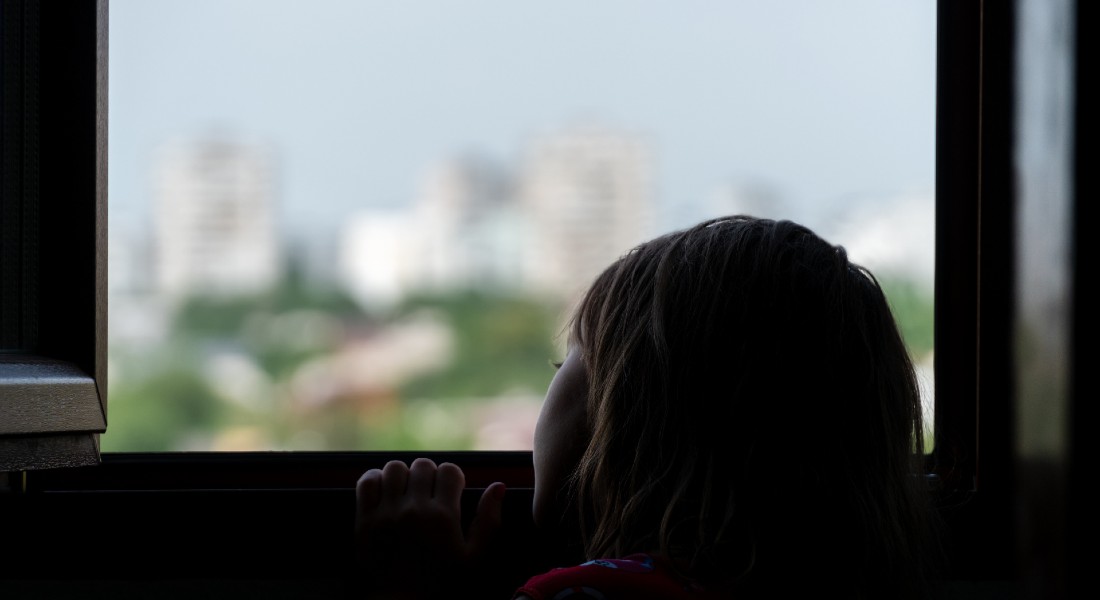Children of parents with little education have increased risk of early death. Now we may know why
In a new study conducted at the University of Copenhagen, data on more than 1.2 million Danish children show a clear connection between parents’ level of education and children’s risk of dying far too early. A main reason is social and family issues in childhood, the study concludes.

If your parents had less than 10 years’ schooling at the time of your birth, well, then you have increased risk of dying as a young adult. Previous research has shown that typical causes of death here are accidents, cancer and suicide.
But why does our parents’ level of education affect our life expectancy? No one has been able to answer that question – until now.
A new study conducted at the University of Copenhagen reveals that social and family-related stress in childhood partly explains the connection between parents’ level of education and mortality.
In connection with the new study, the researchers analysed data on more than 1.2 million children born in Denmark in the period 1 January 1980 to 31 December 2001.
“Our data showed that the strong connection between parents’ level of education and mortality can partly be explained by adversity in childhood. In fact, almost 50 per cent of the connection can be explained by childhood adversity,” says Postdoc Leonie K. Elsenburg from the Department of Public Health, who is responsible for the new study, which has been published in the scientific journal Lancet Public Health.
Inequality in health
Together with the other participating researchers, Leonie K. Elsenburg divided childhood adversity into three dimensions: financial deprivation, loss or potential loss in the family and family dynamics, which among other things include parents suffering from mental illness or alcohol or drug addiction.
They then divided the more than 1.2 million children aged 0-16 years into five groups depending on the degree of adversity they experienced each year within each of the three dimensions.
“We could tell that 74 per cent of the children whose parents had little education experienced ‘medium to severe adversity in childhood’, which leads to increased risk of death before the age of 39. Among the children whose parents were well-educated only 30 per cent experienced ‘medium to severe adversity in childhood’. That is a significant difference,” Leonie K. Elsenburg explains.
She was not surprised to find that the connection between parents’ level of education and mortality can partly be explained by childhood adversity.
“The connection between parents’ low level of education and the risk of a difficult childhood makes good sense. Statistically, parents with little education have fewer resources and increased risk of both severe illness – both physical and mental – and drug or alcohol addiction,” she stresses.
Clue to change
Leonie K. Elsenburg and the other researchers hope the research can help identify ways of increasing equality in health.
“I am interested in how social issues in childhood can affect our health later in life. Therefore, it is interesting to see that the well-established connection between parents’ level of education and mortality is also a result of the child’s experiences early in life,” she says and adds:
“It gives us clues as to what could be done to increase their chances later in life and for example avoid early death. Ultimately, our goal is to make sure that all children are able to live a healthy life.”
Read the entire study: ”Mediation of the parental education gradient in early adult mortality by childhood adversity: a population-based cohort study of more than 1 million children” in the Lancet Public health.
Contact
Postdoc Leonie K. Elsenburg
+45 35 32 31 17
leonie.elsenburg@sund.ku.dk
Press and Communications Consultant Liva Polack
+45 23 68 03 89
liva.polack@sund.ku.dk
